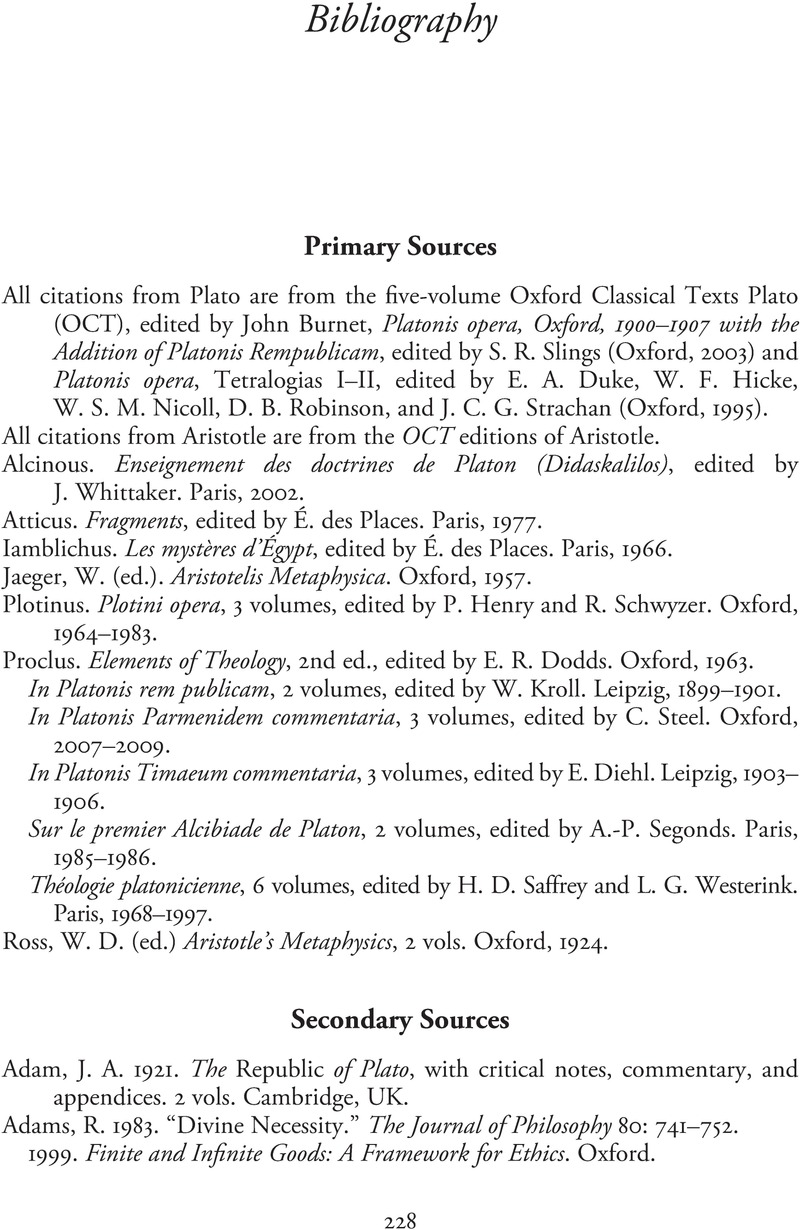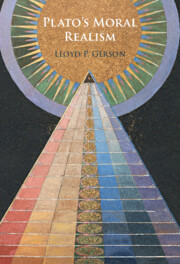Book contents
- Plato’s Moral Realism
- Plato’s Moral Realism
- Copyright page
- Dedication
- Contents
- Acknowledgments
- Chapter 1 Introduction
- Chapter 2 The Idea of the Good
- Chapter 3 Virtue, Knowledge, and the Good
- Chapter 4 Socratic versus Platonic Ethics?
- Chapter 5 Moral Responsibility
- Chapter 6 Philebus and Statesman
- Chapter 7 Morality, Religion, and Politics
- Chapter 8 Concluding Remarks
- Bibliography
- Index Locorum
- General Index
- References
Bibliography
Published online by Cambridge University Press: 28 July 2023
- Plato’s Moral Realism
- Plato’s Moral Realism
- Copyright page
- Dedication
- Contents
- Acknowledgments
- Chapter 1 Introduction
- Chapter 2 The Idea of the Good
- Chapter 3 Virtue, Knowledge, and the Good
- Chapter 4 Socratic versus Platonic Ethics?
- Chapter 5 Moral Responsibility
- Chapter 6 Philebus and Statesman
- Chapter 7 Morality, Religion, and Politics
- Chapter 8 Concluding Remarks
- Bibliography
- Index Locorum
- General Index
- References
Summary

- Type
- Chapter
- Information
- Plato's Moral Realism , pp. 228 - 249Publisher: Cambridge University PressPrint publication year: 2023



